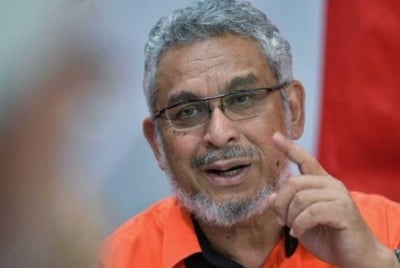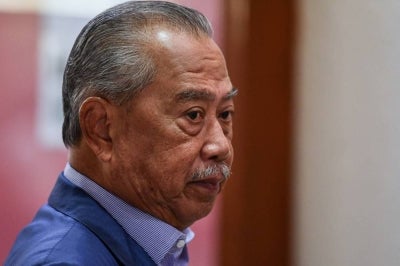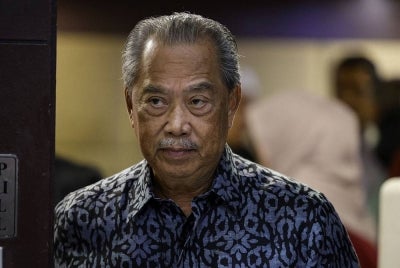Young voters can influence by-elections outcome - Analyst

SHAH ALAM - Young voters play a significant role in determining the victory of a party in the upcoming Pulai parliamentary and Simpang Jeram state legislative assembly by-elections on Sept 9.
Universiti Teknologi Malaysia (UTM) Razak Faculty of Technology and Informatics Perdana Center Senior Lecturer Dr Mazlan Ali said that this was because based on the records from the Election Commission (EC), the largest group of voters in both areas were young voters under the age of 40.
He explained that the data indicated that young voters could influence the outcome due to their large numbers and their ability to voice their opinions through the electoral process.
"In terms of the constituencies, Pulai Parliament consists of two state seats: Perling and Kempas, rapidly developing urban areas situated in the midst of Johor Bahru and Iskandar Puteri.
Additionally, many young individuals employed in Singapore resided in these areas.
"Furthermore, the Simpang Jeram DUN, located in the Muar district, features numerous small towns and rural areas. It's likely that many people there work outside the area such as in Johor Bahru and Kuala Lumpur," he said yesterday.
Mazlan stressed that efforts should also be made to encourage young voters working outside the region to return and fulfill their voting responsibilities on election day.
"For 18-year-old young voters, their voting pattern often aligns with that of their parents. For those around 40 years old, the desire to vote is heavily influenced by social media.
"For instance, during the recent state elections held in six states, social media platforms like Facebook, TikTok, Instagram, and Twitter were widely used by competing parties," he explained.
Mazlan also believed that Malay voters' support remains crucial for a candidate's victory, even though the Malay and Chinese populations were nearly balanced in the Pulai Parliament.
However, in the Simpang Jeram state assembly, Malay voters outnumber voters from other ethnicities.
He noted that Pakatan Harapan (PH)-Barisan Nasional (BN) had an advantage in the Pulai Parliament as non-Malay votes, especially from the Chinese community, tend to be "solid" for whoever was positioned, as seen in previous elections.
"However, in Simpang Jeram, it's different. The chances of winning for Perikatan Nasional (PN) and PH-BN are 50-50. The proximity to Pagoh, which is the stronghold of Tan Sri Muhyiddin Yassin, could be an advantage for PN.
"Looking at the general election (GE15) results, during that time PH and BN were competing in the Pulai Parliament, and the late Datuk Seri Salahuddin Ayub from Amanah, representing PH, won with a significant majority of over 33,000 votes. Now, with PH-BN alliance, it gives more advantages to that coalition.
"So, in this by-election, the main challenger is undoubtedly PN. In this two-cornered contest, I see PH-BN is able to defend those seats," he concluded.
Download Sinar Daily application.Click Here!















